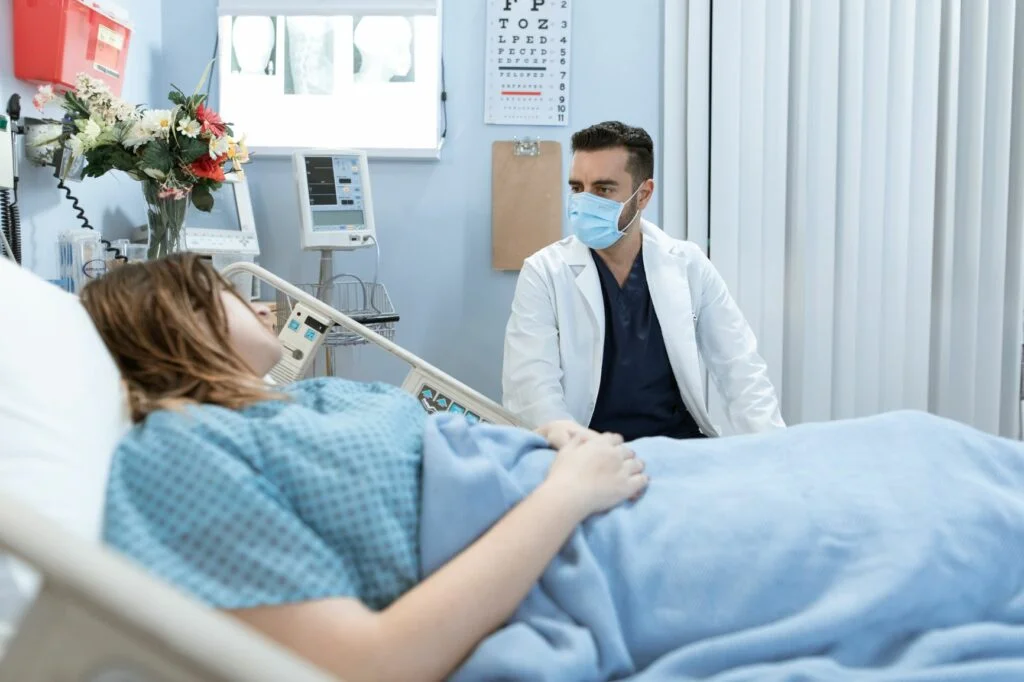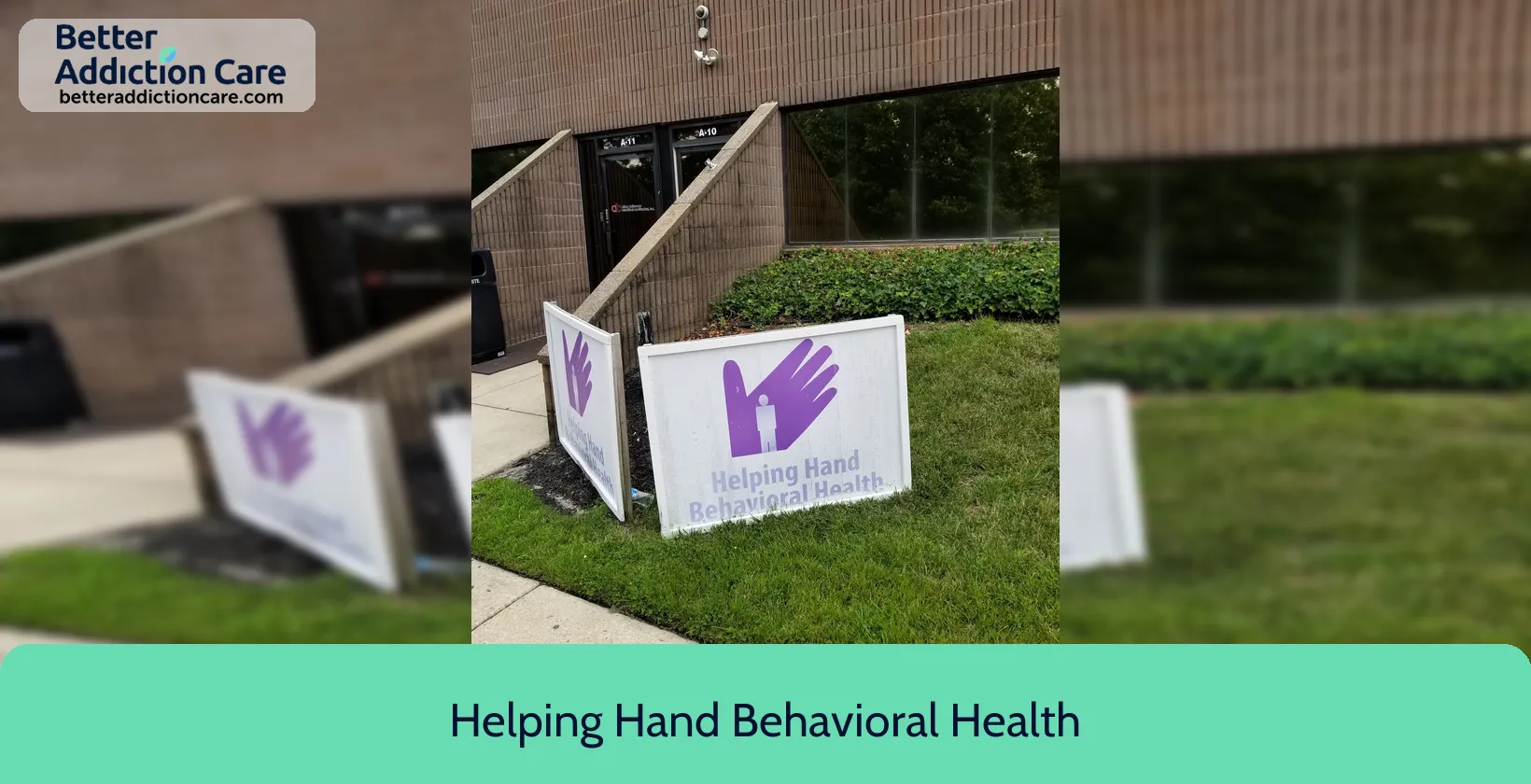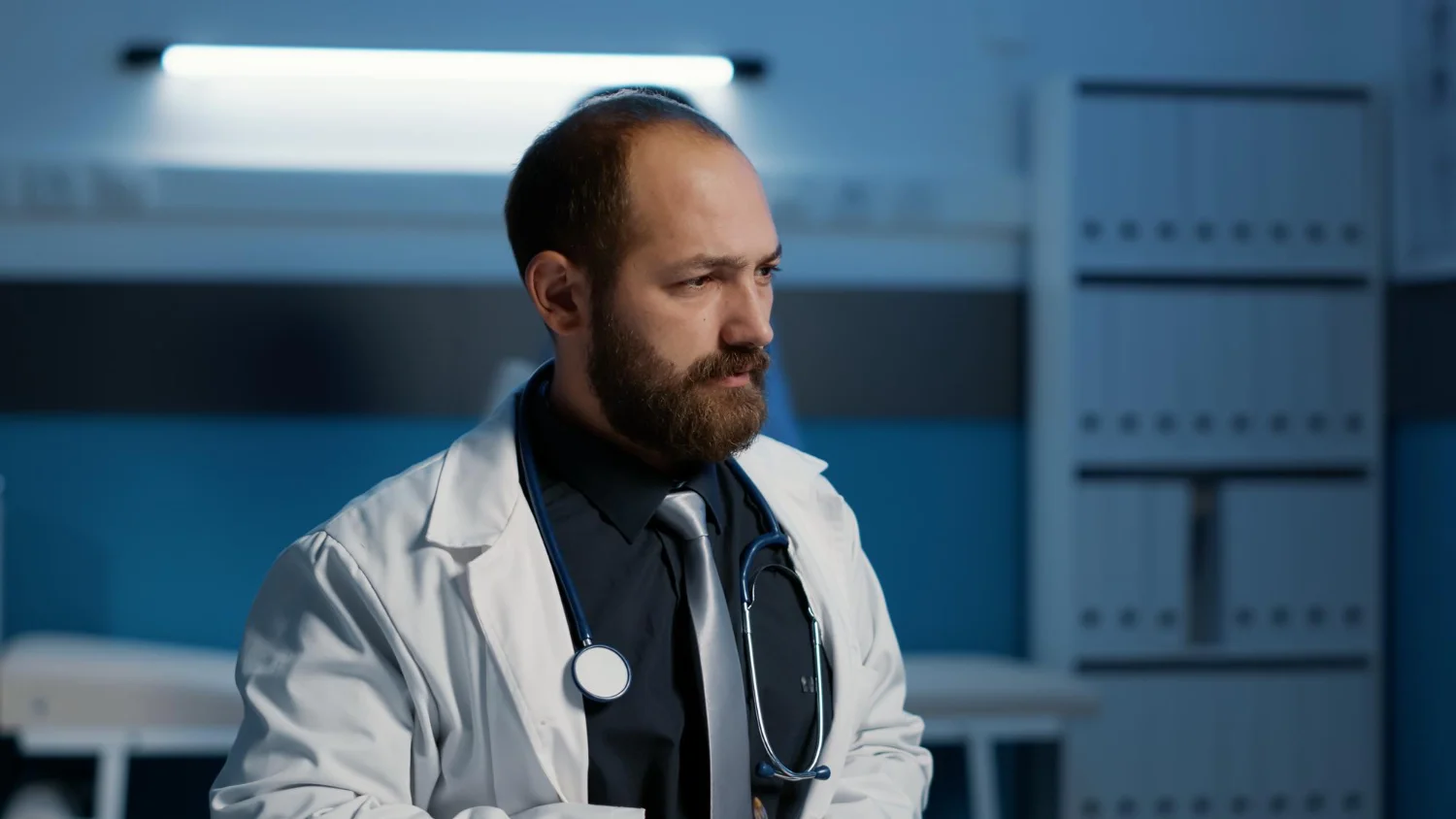Exploring the Reality of Drug Detox Overdose
The overdose after the completion of the drug detox program is closely related to the key problem of "dropping dead" on the way to becoming sober, as the process of getting rid of the dependence on drugs becomes a lethal encounter. For many people fighting addiction, detoxification, which usually is the first step to their recovery, is a calling for depurating the body from harmful substances. Still, the process carries many risks, especially when professionals do not direct it.

Moreover, there is a general assumption that detox-related overdoses may not be regular. Therefore, the body of an overdependent person could be so used to substance abuse that an overdose is, in reality, very unlikely. However, this could happen, and this dreadful event in the process of detoxification is such a warning sign, evidencing that the role of therapists could undoubtedly be an emergency role of adequate and compassionate treatment.
What Causes a Detox Overdose?
Detoxification can bring problems, one of which could be suffering from an overdose during the process. This could happen when the process is done too rapidly or unattended by a doctor. This can be a consequence of:
1. Abrupt cessation of substance use:
In particular, alcohol, benzodiazepines, and opioids. Withdrawal of these substances is a dangerous process that can lead to various problems that range from slight discomfort to deadly consequences. If doctors or other qualified professionals does not monitor the treatment, these symptoms can be very dangerous.
2. Rapid detox programs:
Some people enroll in programs that promise a quick recovery, even when, sometimes, this is not the best option. Quick recovery programs put people at risk of suffering severe withdrawal symptoms.
3. Self-detox attempts:
Home detoxification can hardly bring about any desirable results because it might be risky, no less for people who are the victims of serious addiction or health problems. Without proper surveillance and commitment, this problem is going to get into even more dangerous conditions.
4. Poorly managed detox protocols:
Not every patient's body reacts in the same manner to drugs, and not in every medically supervised detox program, errors in drug dosing or deficient monitoring could be spotted, and this is why overdoses and other possible complications take place.
Here is a summary of these causes:
- Abrupt cessation of substance use
- Rapid detox programs
- Self-detox attempts
- Poorly managed detox protocols
Detox Overdose Frequency
Statistics regarding overdoses during the detox process may be different, e.g., the substance, the medical history of the patient, or a type of method that may influence the process. Yet, precise estimates are difficult to obtain due to underreporting and highly depend on the sampling method.
Although this is the case, it is also widely known that detoxification can be dangerous, since it has many risks, especially when not well monitored. For instance:
- Opioid Detox:
The severity of the withdrawal syndrome and the vulnerability to overdose increase as opioid tolerance reduces. Hence, it is basically the biggest risk factor for a detox overdose in the case of opioids.
- Alcohol Detox:
Severe conditions accompanied by alcohol withdrawal are seizures and delirium tremens that are compensable if not treated right away. The risk of complications during alcohol detoxification is comparatively high, particularly in heavy drinkers, concerning the duration of the included period.
- Benzodiazepine Detox:
The process of benzodiazepine detox can be difficult due to the high risks of patients suffering from seizures and uncontrollable anxiety, this makes the treatment very dangerous in terms of a likely overdose. In the case of benzodiazepines, the ideal is to provide a long detox with drug tapering.
What are the Risks of Drug Detox Overdose?
Risks of drug detox overdose could differ as the substances and the individual medical background of the drug detox are considered, as well as the method used for the drug detox. Among these risks are:
- Withdrawal Complications:
Sudden stopping of using drugs leads, in some cases, to withdrawal symptoms that can also be very severe and life-threatening. Withdrawal, in this case, could be diverse and dramatic, even causing deadly outcomes. In other cases, addicts might turn to specific drugs in a struggle to kill these symptoms. In the end, the situation may end up with an overdose that could be much more dangerous than the one they receive at the beginning if only their tolerance decreases.
- Mismanaged Medications:
Medication-assisted treatment (MAT) can be beneficial when managing withdrawal symptoms and cravings. These drugs give pain relief and assistance in the healing process, but their effectiveness can only be achieved when the correct dose is administered. Strict medical supervision and good living habits, such as regular checkups and patient education, are the key to managing risks. Constant follow-up helps physicians make the best decisions regarding an optimal dose, keeping in mind that the least possible risk may occur.
- Underlying Health Conditions:
Health problems that patients undergoing detoxification might have might affect treatment and must be considered. Some pathologies may increase the drug level in the blood, particularly in the case of increased drug absorption or low excretion, like those with liver or kidney problems who can’t metabolize these products easily.
- Polydrug Use:
Substance use disorders often have complex correlations with functional impairment, an inability to take part in society, as well as cognitive deficits monitored by VHA research. At that time, people may be more interested in detoxing on one substance at a time and still on the other, which can hypothetically cause overdoses from interactions between the different substances.
- Relapse:
Detoxification serves as a temporary suspension of drug use; it must be supported by comprehensive treatment and support to avoid future relapses that could happen. If a person relapses after a time frame of exceeding tolerance during the detox, the risk of overdose becomes greater.
- Lack of Medical Supervision:
Education for addiction is becoming mandatory as more people realize the dangers of unsupervised detoxification. It is vital because it lessens the risk of individuals ending up in fatal overdoses since they will not have access to emergency medical attention.
What to Do in Case of a Drug Detox Overdose?
If you are in the presence of someone who is experiencing a detox overdose of drugs, it's necessary to act instantly and not let the overdose symptoms progress for a long time because this could be life-threatening. Here are some emergency steps to follow:
1. Call Emergency Services:
When one witnesses a drug overdose, call emergency medical services or 911 without any delay. Being prepared, the dispatcher should collect all the information about the person's condition, including the description of the symptoms and the substances involved, as well as help them with any known medical disorders.
2. Administer First Aid:
If and only if first aid is within your level of training and the situation permits it, render first aid until an emergency team arrives. For instance, it can involve administering CPR if the patient is not breathing or assisting in rescue breathing if the patient is breathing irregularly.
3. Stay with the Overdosed:
Wait for the first responders to show up where the individual is located. Watch their vital signs, including breaths and pulse, and offer words of encouragement.
4. Provide Information:
Should the case be possible, give emergency workers some details related to the substances the individual has taken initially and any meds that have been prescribed, as well as any illnesses they may have had.
5. Follow Emergency Responders' Instructions:
Emergency responders can help you upon arrival, so remember their instructions. Thus, they are taught how to deliver critical treatment and, by examining a person's condition, plan further care.
6. Prepare for Transport to the Hospital:
Be prepared for the emergency personnel to transport the patient to the hospital for additional evaluation and treatment there. When facing an overdose, monitoring for at least 24 hours is ideal.
7. Follow-Up:
Follow-up treatment is very important, especially in a case where the patient is trying to detox. Monitoring should be provided, and new alternatives for detox and rehab should be assessed and implemented. Psychiatric treatment, substance abuse treatment, and constant medical observation are possible services.
Keep in mind that drug detox overdoses are emergencies that could be life-threatening; critical acts need to be done immediately to save lives. If you feel that a person is on the verge of a drug overdose, don't wait and call emergency services immediately.
Related Articles
Treatment Centers in New Jersey
 123
123
 123
123
 123
123





